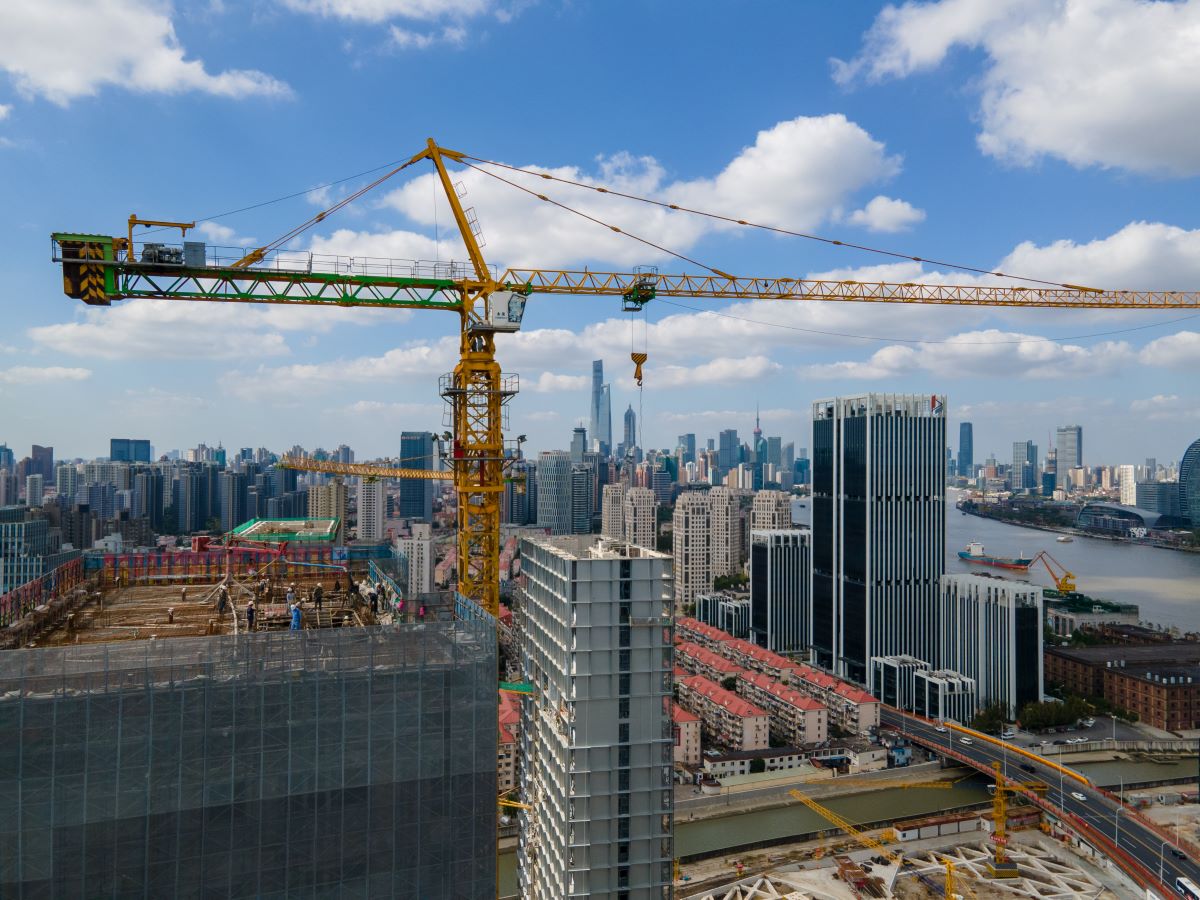Worries about the health of China’s real estate sector are growing. The Evergrande Group filed for bankruptcy protection in the New York court. Chapter 15 of the US bankruptcy code would protect the US assets of Evergrande as it works out a restructuring deal. The company’s affiliate, Tianji Holding and Scenery Journey also filed for bankruptcy in Manhattan. The Evergrande Group’s real estate unit has over 1000 projects spread across 280 cities in China.
China’s Evergrande crisis intensifies
With a massive liability of $300 bn, China’s Evergrande Group has been the world’s most indebted real estate company. Trouble started for the company in mid-2021 as it began struggling to repay its borrowings. After missing a bond payment by a month, S&P Global declared Evergrande as a defaulter in December 2021. After a few months in March 2022, the company’s stock price tanked to a record-low of HK$1.16. Since last year, its shares have been suspended from trading. Over the past two years, the company lost more than $80 bn over the past two years.
Evergrande has been working on an offshore debt restructuring agreement worth $32 bn for which it released a proposal in early 2023. As per the plan, the creditors would be given the option to swap their debt into new notes issued by the company and equities in two subsidiaries, Evergrande Property Services Group, and Evergrande New Energy Vehicle Group. In 2022, the developer also announced the sale of its Crystal City project to Zhejiang Zhejian Real Estate Group and Zhejiang Construction Engineering Group for $575 mn to generate funds for debt repayments.
Soho China reports a sharp plunge in net profits
Following Evergrande, several other Chinese property developers defaulted on their offshore debt obligations leading to shelved projects and declining property sales across the nation. Most recently, another of China’s big developers, Country Garden missed a bond payment last week.
The latest news adding to the severity of the problem is the 93% plunge in net profits for the first half of 2023 by Soho China.
A reversal in the fair-value assessment of its assets and a sharp decline in its gross profit were the main factors that led to the profit decline for the Hong Kong-listed midsize developer. Meanwhile, Soho’s revenue, primarily from rental properties in Beijing, dropped 8% over the year to 821.50 bn yuan ($112.71 bn). According to the developer, historically high vacancy rates in Beijing and Shanghai also impacted the operations. After a short boost from return-to-office activities in the first quarter, the office and retail leasing market saw a slowdown in the second quarter.
Soho China is also facing debt woes. It has already entered into supplemental agreements with its major lenders to restructure the repayment terms for a total principal of 7.27 bn yuan. The developer also has tax dues worth millions. Out of the 1.73 bn yuan land appreciation taxes, Soho China has managed to repay 30.6 mn yuan by the end of June 2023.
Soho China’s executive director, Xu Jin, also points to a challenging future. “In the next three years, as a large number of new supplies enter the market, rents and occupancy rates will be under continuous pressure.”
A grim outlook for China’s real estate
The Politburo launched a slew of policy measures to revive China’s real estate market in July, for which the market is awaiting results. Gaël Fichan from SYZ Group cautions, “The Chinese real estate market appears trapped in an adverse cycle, demanding substantial time and concerted efforts from Chinese authorities to revive, even a semblance of positive momentum. In the interim, investors must brace themselves with patience and determination as they navigate the impending restructuring initiatives.”


 Australia
Australia China
China India
India Indonesia
Indonesia Japan
Japan Malaysia
Malaysia Philippines
Philippines Singapore
Singapore South Korea
South Korea Taiwan
Taiwan Thailand
Thailand Vietnam
Vietnam







